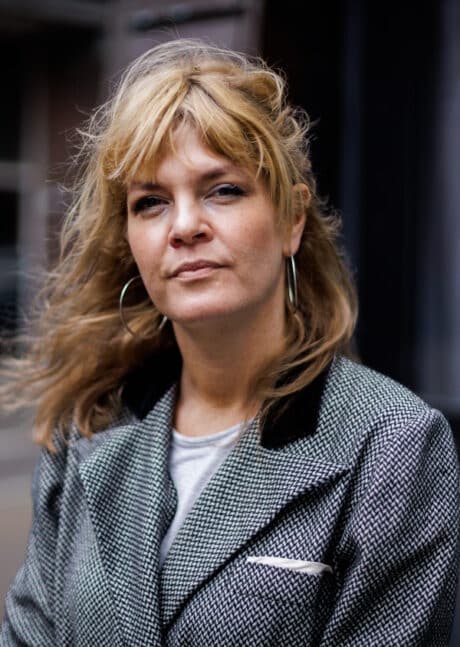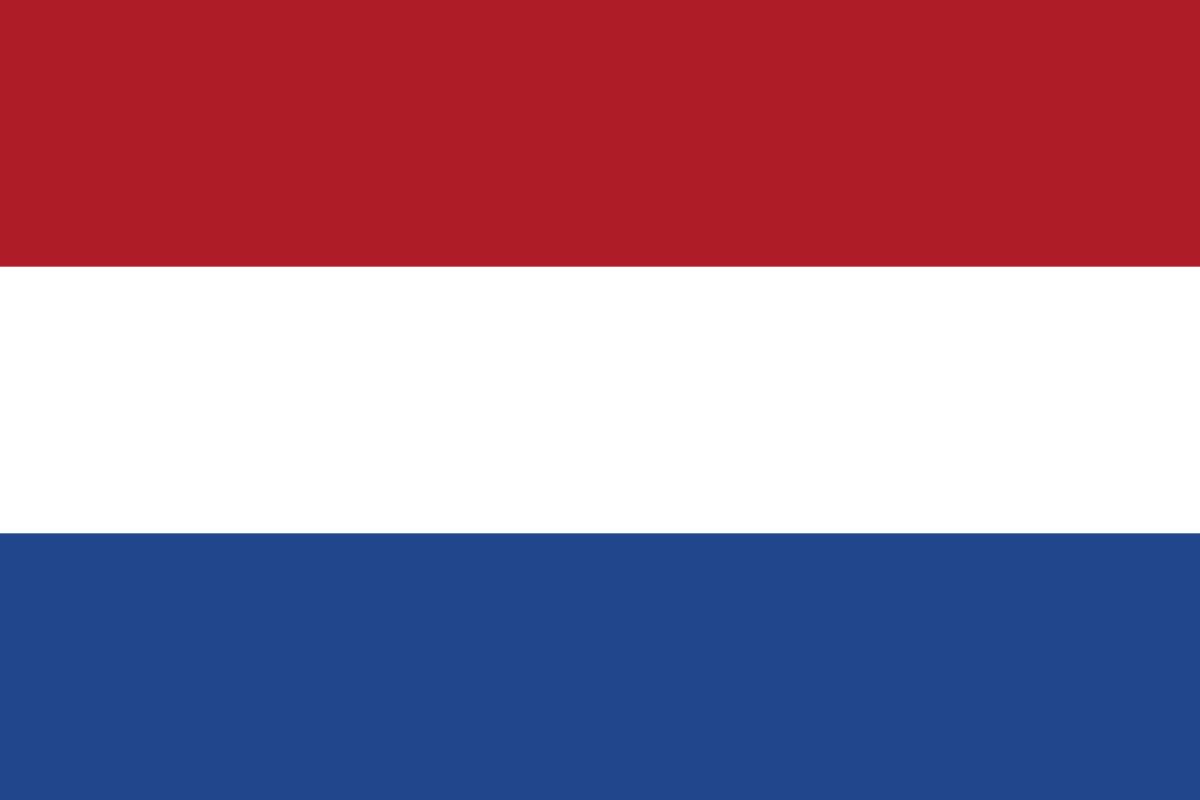

 ©Renske Holwerda RTL nieuws
©Renske Holwerda RTL nieuws
Michelle van Tongerloo
Michelle van Tongerloo is a general practitioner and street doctor in Rotterdam. She links major social issues to the raw reality of her consulting room.



About Michelle van Tongerloo
Michelle van Tongerloo is a general practitioner and street doctor in Rotterdam. She works as a general practitioner in IJsselmonde, a neighborhood in South Rotterdam full of poverty problems. In addition, she is an independent street doctor at the Pauluskerk, where she provides care to the most vulnerable people – often homeless, addicted or undocumented.
She writes what she experiences during her consultations on the back of prescription sheets to later work out into pieces. In this way she links major social issues to the raw reality of her consulting room.
As a street doctor you are a kind of canary in the coal mine, social developments unfold in front of me.
When she started as a street doctor, she mainly saw people without valid residence papers at her consultation hours, but that has changed radically over the years. First came the labor migrants who keep an important part of our economy going.
For them there is no social safety net if they lose their jobs and often their accommodation. But she also increasingly sees Rotterdammers walking around homeless and uninsured. In the beginning, these were often very vulnerable people with, for example, behavioral and addiction problems who no longer find a place in mental health care or sheltered accommodation. Now she sees more and more ordinary people with whom there is actually quite little going on and who are often young, but have suddenly become homeless due to a few problems.
Inequality and poverty gap
An important theme in her work is poverty and educational poverty. Van Tongerloo sees how vulnerable children become vulnerable parents who in turn produce vulnerable children – the consequences of living together under one unsafe roof. Many diseases are caused by poverty, stress and an unhealthy lifestyle. This is not a new insight and yet we are still too late when these children with overweight, behavioral problems and rotten teeth come to the consultation hour. She sees like no other how care can fail – while early and effective intervention can make a world of difference.
What I do is not out of recalcitrance, but always out of the interest of my patients.
What they ask for is often simple: a decent income, a good education and a tidy house. But support in acquiring this proves time and time again to be too complicated for care and welfare organisations. Because they are supply-oriented, they are unable to come up with a solution for something as simple as children who are forced to stay at home due to a transport problem and do not go to school.’
Market forces in healthcare
The system she is protesting against is partly the result of a society that does not accept mistakes and failures. Organizations try to protect themselves against criticism of their actions with rules and protocols.
Up close, Michelle van Tongerloo sees the far-reaching consequences of the increasing demand for healthcare in combination with market forces and decentralization in healthcare. As a general practitioner, she closes the gap for patients who actually need help from mental health care, youth care, hospital or nursing home. Waiting lists are long everywhere, so patients knock on her door again. After all, the GP is their first point of contact.
Michelle van Tongerloo also advocates a different approach to the patient. The treatment starts with listening: not the disease, but the patient’s story should be central. She briefly describes what makes it difficult for a European Dutchman to integrate in this part of the kingdom. “As an individual you are subservient to a community that does not necessarily welcome outsiders and that more often does not distinguish between work and private life.”
Speaker and journalist
As a journalist, Van Tongerloo publishes in various media such as De Correspondent, Vrij Nederland, NRC, and Trouw. She writes about our healthcare system, but also about the difficult and shadowy area in which she operates as a street doctor. In addition, she has written about ethical issues surrounding a ‘completed life’ and about the complex and unequal relationship between Sint Eustatius and the European Netherlands.
Van Tongerloo speaks inspiringly and passionately. The strength lies in the fact that she can personalize major systemic issues and social problems and explain them based on patient stories. This makes it gripping.

